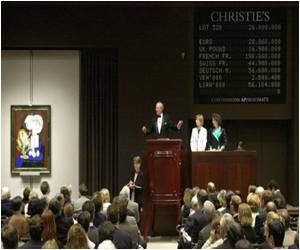For a French book written more than a century ago, an Istanbul court suspended the trial of the Turkish publisher and translator who were accused of hurting public sentiments

The court suspended the case against publisher Irfan Sanci and translator Ismail Yerguz for three years, citing a technicality in the Turkish penal code.
But the ruling disappointed the defendants and their lawyers, who said they were expecting a full acquittal.
"They tell us not to commit a crime for three years. For them, publishing a book is a crime," Sanci's lawyer Adem Sakal told AFP.
"We might go to the European Court of Human Rights," he said.
Sanci vowed that he would continue publishing the book, but added: "This decision is like the Sword of Damocles over my head."
In 2009, a local court in Istanbul filed a complaint over the "obscene content" in the book, which chronicles the sexual awakening of a 15-year-old boy.
The complaint was dismissed when a committee of academics concluded that the book should be considered a genuine work of literarture, but in August, an appeals court overturned the decision, ruling that it lacked "any artistic or literary value".
"Cases such as these create an atmosphere of intimidation," Ola Wallin, chairman of the International Publishers Association's Freedom to Publish Committee, told AFP.
In a joint press statement, IPA and US writers' association PEN International accused the Islamist-rooted government of Recep Tayyip Erdogan of failing to act to prevent such cases.
"There are many more examples of the dead hand of government censorship on Turkish courts at the moment, affecting publishers, translators, writers and journalists."
Turkey has long been criticised for a lack of media freedoms and there are 60 journalists currently serving time in Turkish prisons, according to the European Federation of Journalists.
Erdogan's government is also under fire for what critics say are creeping efforts to force Islamic values on the predominantly Muslim but staunchly secular country.
Source-AFP









